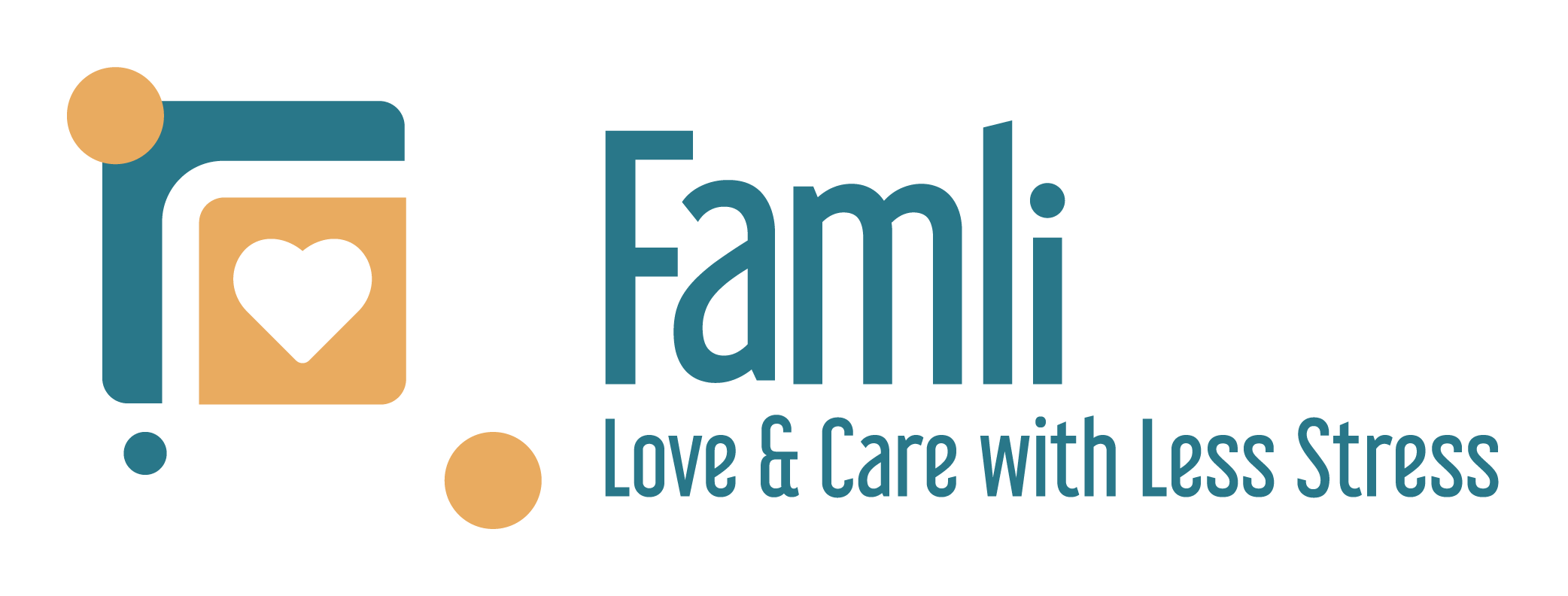Estate Planning
Navigating the Maze: Probate Explained (and Why You Might Want to Consider Avoiding It)
The word "probate" often conjures up images of dusty courtrooms and lengthy legal battles. While it's true that probate can be a complex and time-consuming process, understanding its purpose and potential pitfalls can help you make informed decisions about your estate planning. This article aims to
The word “probate” often conjures up images of dusty courtrooms and lengthy legal battles. While it’s true that probate can be a complex and time-consuming process, understanding its purpose and potential pitfalls can help you make informed decisions about your estate planning. This article aims to demystify probate, explore its potential drawbacks, and offer alternative options you might consider.
What is Probate?
Probate is the legal process of settling a deceased person’s estate. It involves:
- Validating the will: The court confirms the will’s authenticity and ensures it meets legal requirements.
- Identifying and valuing assets: All assets owned by the deceased are identified and appraised.
- Paying debts and taxes: Outstanding debts and taxes are paid from the estate before distributing assets.
- Distributing assets: Remaining assets are distributed to beneficiaries according to the will or, if no will exists, according to state law (intestacy).
Why Avoid Probate?
While probate serves a crucial purpose, it can come with drawbacks:
- Time-consuming: The process can take months or even years, delaying access to assets for beneficiaries.
- Costly: Court fees, attorney fees, and other expenses can significantly deplete the estate’s value.
- Public process: The details of your estate become public record, potentially compromising privacy.
- Limited control: If you have no will, the court decides how your assets are distributed, potentially deviating from your wishes.
Alternatives to Probate:
Several strategies can help you minimize or avoid probate altogether:
- Joint ownership with right of survivorship: Assets automatically pass to the surviving owner upon death, bypassing probate. However, this approach offers limited control over inheritance and may have tax implications.
- Transfer-on-death (TOD) accounts: Bank accounts and brokerage accounts can be designated with beneficiaries, allowing them to access funds directly upon your death, bypassing probate.
- Living trusts: You transfer assets to a trust while living, and the trustee manages them according to your instructions, often avoiding probate. However, trusts can be complex to set up and manage.
Important Considerations:
Remember, every situation is unique. Consulting with an estate planning attorney is crucial to understand your specific circumstances and choose the best approach for your needs. They can help you:
- Weigh the pros and cons of probate and alternative options.
- Draft a will or trust that aligns with your wishes.
- Navigate the legal complexities of estate planning.
Probate is a vital part of the legal system, but it’s not the only option. By understanding its implications and exploring alternatives, you can make informed decisions about your estate plan. Remember, the goal is to ensure your wishes are respected, your loved ones are cared for, and your legacy is preserved. With knowledge and guidance, you can navigate the maze of estate planning with confidence and peace of mind.
Additional Resources:
If you haven’t checked out Worthy Journey, FamliCare’s newsletter, please sign up today to receive encouraging information to ease the stress of your noble journey, find additional financial/legal resources, or simply find a smile.
Coming soon: FamliCare App
